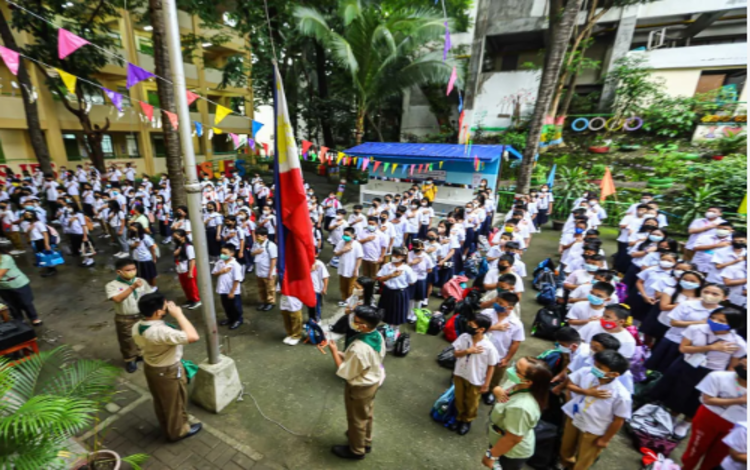The Department of Education (DepEd) is gearing up to embrace a significant change – a return to the old school calendar, marking a departure from the current August-to-June schedule. This decision, spurred by President Marcos’ directive, aims to mitigate the adverse effects of extreme heat on students and educators alike. As the nation braces for this transition, various stakeholders weigh in on the potential implications and challenges ahead.

DepEd Assistant Secretary Francis Bringas affirmed the department’s commitment to implement the President’s decision promptly. The proposed shift entails ending the current school year by March 2025 and commencing the subsequent academic session in June of the same year. While specifics of the transition remain under wraps pending Marcos’ review, the DepEd assures a seamless adaptation to the old calendar.
However, this adjustment comes with its set of challenges. The proposed academic year would comprise only 165 days of in-person classes, falling short of the legally mandated duration. To bridge this gap, alternative delivery mode classes on weekends are being considered. Additionally, the shortened end-of-school break poses logistical challenges for stakeholders in the education sector.
The Alliance of Concerned Teachers (ACT) welcomes the move but urges the government to address underlying issues beyond calendar adjustments. ACT Chairman Vladimer Quetua stresses the importance of tackling teacher shortages, classroom inadequacies, and the looming climate crisis. While altering the school calendar is a step in the right direction, it must be complemented by comprehensive measures to enhance the quality of education and safeguard against environmental challenges.
Calls for reverting to the old calendar have echoed across various sectors, citing the detrimental impact of scorching temperatures on students’ well-being and academic performance. Lawmakers have also joined the chorus, advocating for a return to the June-to-March schedule as a more suitable option for the country.
DepEd’s recent directive, adjusting the end and start dates of the academic year, reflects interim measures to address immediate concerns. However, the proposed shift to the old calendar signals a more permanent solution to alleviate heat-related disruptions in education.
As schools grapple with extreme heat, thousands have resorted to alternative delivery modes to ensure uninterrupted learning. Regions across the Philippines have witnessed a surge in schools adopting alternative approaches, reflecting the urgency of the situation. From Western Visayas to Metro Manila, educators are innovating to adapt to evolving circumstances.
